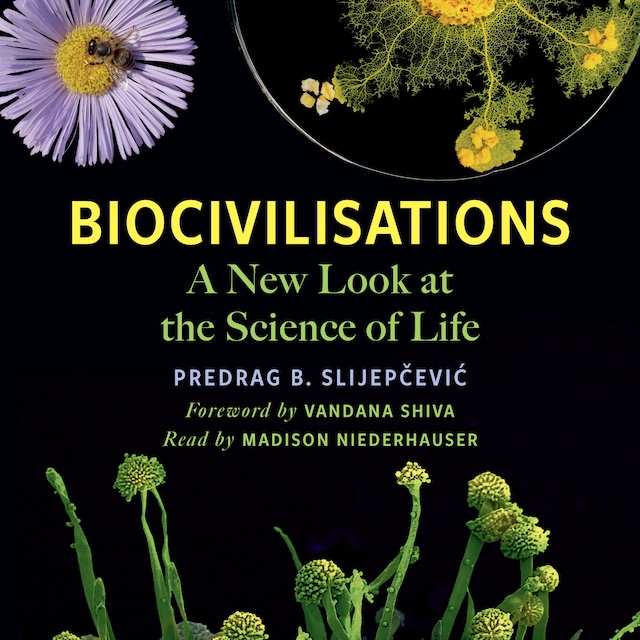
Biocivilisations
A New Look at the Science of Life
Description of the book
Biocivilisations is an important, original rethinking of the mystery of life and its deep uncertainty, exploring the complex civilisations that existed on Earth long before humans.
What is life? Many scientists believe life can be reduced to ‘mechanistic’ factors, such as genes and information codes. Yet there is a growing army of scientists, philosophers and artists who reject this view. The gene metaphor is not only too simplistic but deeply misleading. If there is a way to reduce life to a single principle, that principle must acknowledge the creativity of life, turning genetic determinism on its head.
The term biocivilisations is the acknowledgement of this uncertainty of life, as opposed to a quasi-certainty of the human position governed by a narrow time window of the scientific revolution. Life existed without humans for more than 99.99 percent of the Earth’s existence. Life will also continue without humans long after our inevitable extinction.
In Biocivilisations, Dr Predrag Slijep?evi? shows how bacteria, amoebas, plants, insects, birds, whales, elephants and countless other species not only preceded human beings but demonstrate elements of how we celebrate human civilisation – complex communication, agriculture, science, art, medicine and more.
Humans must try to adopt this wisdom from other biocivilisations that have long preceded our own. By rethinking the current scientific paradigm, Dr Slijep?evi? makes clear that a transformation – from a naïve young species into a more mature species in tune with its surroundings – will save us from our own violence and the violence we inflict on the rest of our living planet.


